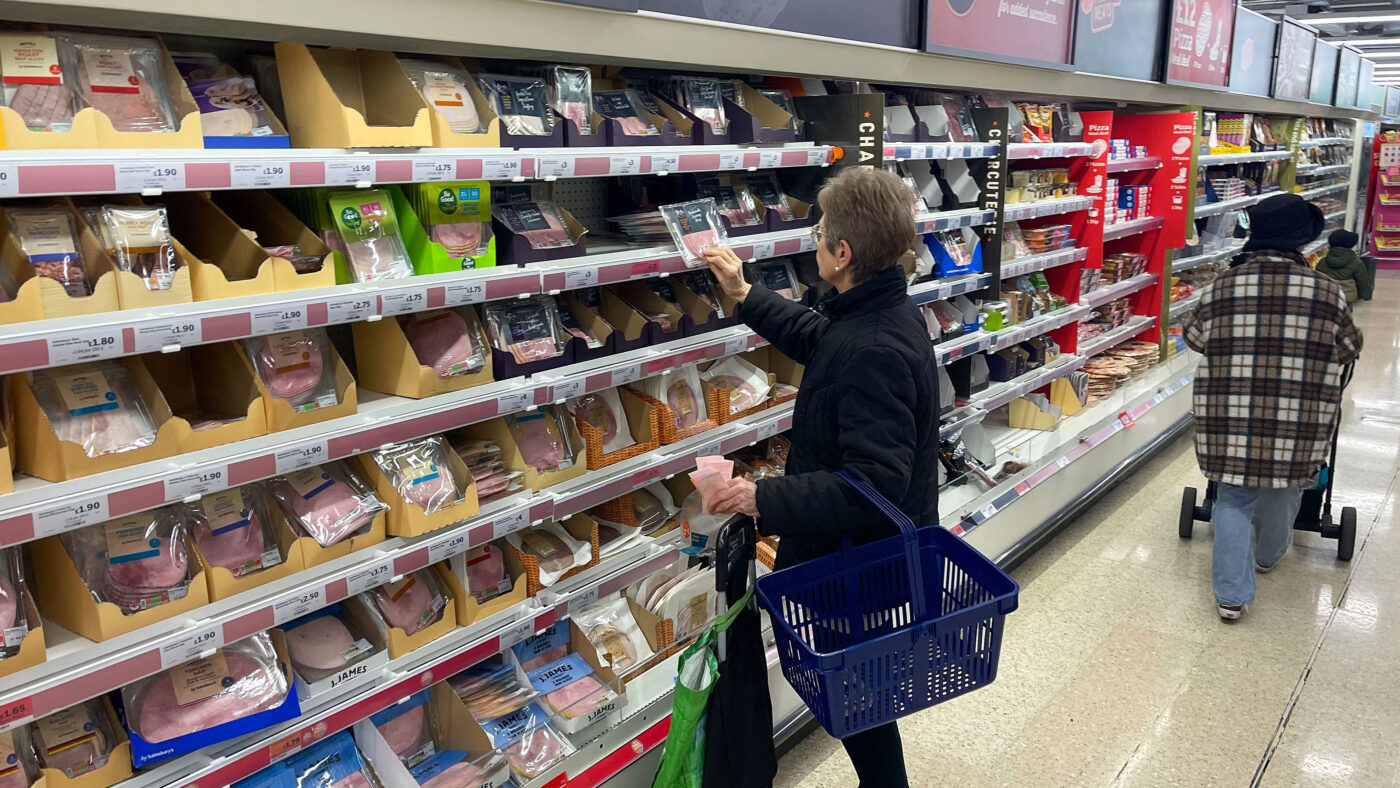‘Government contemplating price caps on basic foods’. No, it’s not Soviet Russia or Fidel’s Cuba, this is Britain in the year 2023.
In many ways this response is all too depressingly predictable; after all, since the pandemic struck the Government’s reflexive answer to most economic woes has been a mixture of price controls, subsidies and handouts.
The scheme would be voluntary, Downing St insists, but that’s little cause for solace. We’ve been here before, with the Government using voluntary agreements to test the water for legally binding rules. Just look at gambling and corporate governance regulation.
By going after something as basic as the price of staple foods, however, it does feel like a Rubicon has been crossed – one that increasingly separate the Conservative Party from the basic tenets of free market economics.
It’s particularly galling, given that the staggering increase in the range and quality of food has been one of the unambiguous successes of liberal economies in the era of globalisation. That has had a big impact on spending too. Between 1957 and 2017, the proportion of UK household spending on food halved – a story mirrored across the Western world.
None of which is to say that food price rises aren’t hurting consumers right now. But those increases reflect complex supply chain disruptions, and the dramatic increase in the money supply since the 2008 financial crisis. Politicians may love to be seen to be ‘doing something’, but they can’t snap their fingers and make those global realities disappear. Indeed, countries that have tried to do so (Venezuela springs to mind) have found that price-fixing leads to all sorts of grisly consequences.
To see why government intervention isn’t the answer, just look at the price of eggs in the US. In December a dozen eggs cost about $4.25, more than double the pre-pandemic price. Evidence of greedy corporations gouging consumers? Not quite: a combination of generalised inflation, post-pandemic spikes in energy costs and a spate of Avian flu all combined to hike prices. Over time, however, those temporary pressures abated and by March of this year the average price was back to just $2.29.
Here in Britain, meanwhile, we’ve become hooked on an intervention ratchet, with ‘fresh measures’ constantly being trailed, often to offset the baleful effects of previous government interventions. The energy market, where an illusory price caps distorts incentives while doing nothing to deal with the underlying problems, is a fine example (as Andy Mayer explains with aplomb here). Or that hardy perennial, housing, where a dysfunctional system makes top-down targets from Whitehall the only plausible way to get homes built.
As for food prices, we have ample evidence of what will happen if you try to artificially suppress prices. As my colleague Julian Jessop pointed out last week, price caps on some items must be mitigated, either through supermarkets cutting inventory or raising prices on uncapped goods. Worse still, if the existing dynamic price system is replaced with a cap, supermarkets are incentivised to price their foods as close to that cap as possible, which may keep prices artificially high when they may have otherwise started to fall.
And while some of the hike in prices is down to external factors – Covid, the war in Ukraine – a big part of our inflationary problem stems from cack-handed centralised bureaucracy itself, not least the many years of artificially low interest rates and excessive money-printing overseen by the Bank of England.
Moreover, the idea that higher prices are somehow the results of ‘greedy’ supermarkets is simply bogus: were supermarkets simply more benign in previous years, when prices were lower? Of course not. They are rational actors in a competitive market who price things as low as they can and operate on wafer-thin margins. ‘Greed’ in a competitive market is pretty simply punished, by your shoppers voting with their feet.
Ultimately, the Government should not even be contemplating trying to fix the price of food, even if they do say this measures is voluntary, Dynamic prices are the absolute core of a successful market economy, even one as hamstrung by state intervention as our own, and we meddle with that mechanism at our peril.
Click here to subscribe to our daily briefing – the best pieces from CapX and across the web.
CapX depends on the generosity of its readers. If you value what we do, please consider making a donation.


